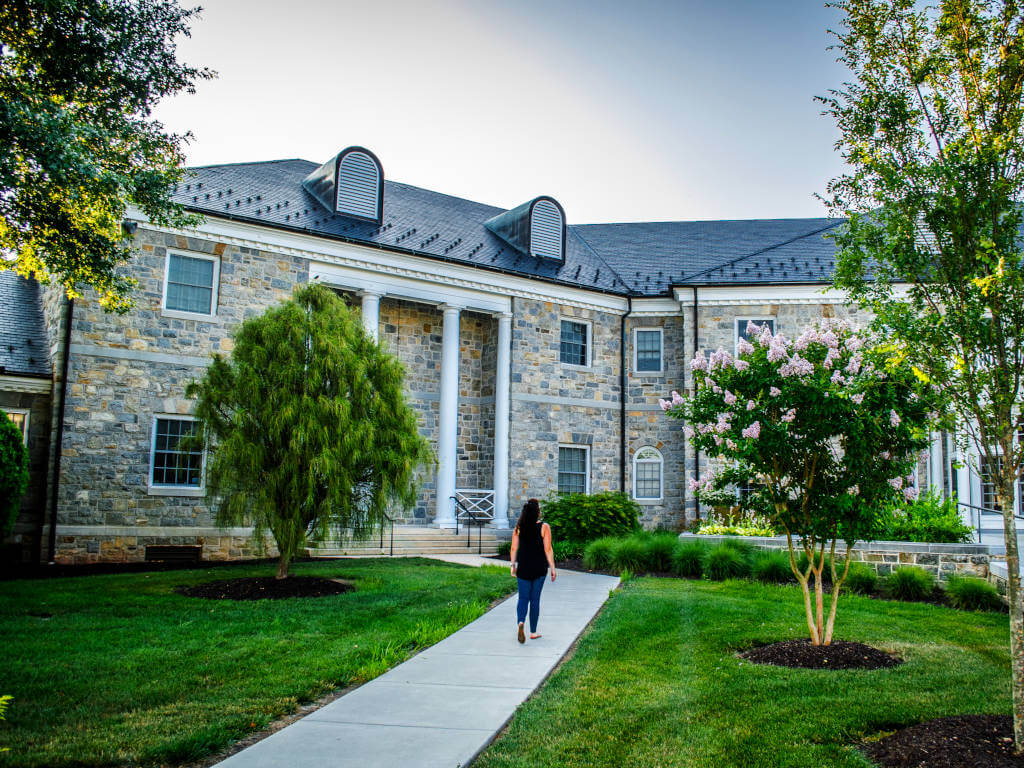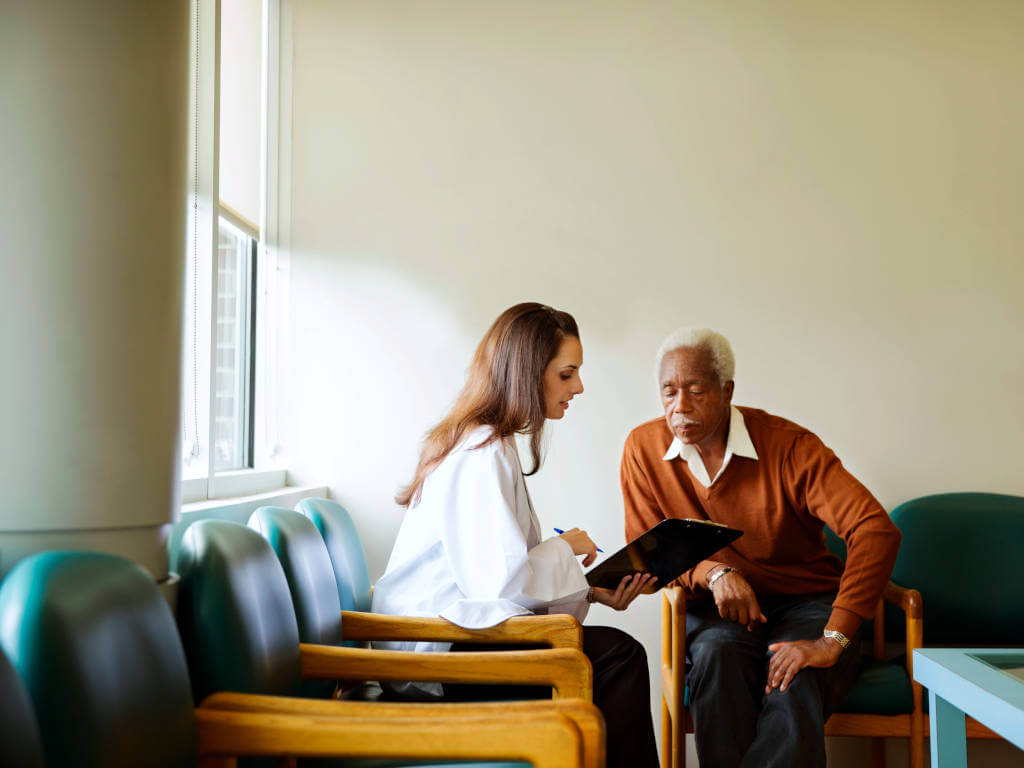
We believe in the art of therapy, the science of medicine and the compassion of spirituality. This philosophy reinforces our commitment to using all available tools to help people suffering from substance use disorders.
Aiding in the recovery process
We offer Medication Supported Recovery (MSR) to aid in the recovery process so you can find your way back to health and happiness. By using the least restrictive level of care and medication to maximize each individual’s human potential, we help keep every person engaged at their readiness level. This philosophy of care is persistent.
How treatment works
Medication Support Recovery is proven to keep people engaged in the recovery process by substituting drug misuse for a physician-prescribed medication. Treatment with these medications can help ease withdrawal symptoms, lessen or eliminate cravings, create a more focused state of mind and build a foundation for long-term recovery. Our team of board-certified physicians prescribes the following medications according to each person’s unique circumstances.
If you use opioids
Buprenorphine: Reduces withdrawal symptoms and opioid cravings.
Comes in film, tablet and extended-release form administered as a monthly injection (Sublocade).
Naltrexone: Blocks the effects of opioids.
Comes in tablet form (Revia) and extended-release injectable form administered as a monthly injection (Vivitrol).
If you use alcohol
Disulfiram (Antabuse): Deters alcohol use. Comes in tablet form.
Naltrexone: Reduces cravings and reduces the risk of relapse.
Comes in tablet form (Revia) and extended-release injectable form administered as a monthly injection (Vivitrol).
Acamprosate (Campral): Reduces alcohol cravings. Comes in tablet form.
Medication Supported Recovery in our Outpatient programs
Learn more about Medication Supported Recovery in our Outpatient programs.
Frequently asked questions about Medication Supported Recovery

Isn’t the use of a mind or mood-altering substance like buprenorphine or methadone just a substitution?
MSR is not a cure. It is a tool to help people with a substance use disorder enter into recovery. Addictive behaviors do not go away when someone takes buprenorphine or naltrexone. Whether abstinent or in MSR, recurrence of use is common and should be anticipated and treated. Buprenorphine and methadone are excellent engagement tools that can help retain people in treatment.
What about the risk of misuse and diversion?
MSR is not a cure. It is a tool to help people with a substance use disorder enter into recovery. Addictive behaviors do not go away when someone takes buprenorphine or naltrexone. Whether abstinent or in MSR, recurrence of use is common and should be anticipated and treated. Buprenorphine and methadone are excellent engagement tools that can help retain people in treatment.
How can people in MSR participate in 12-step groups and other mutual-help organizations?
Unfortunately, there is a lot of stigma surrounding MSR in 12-step groups and other mutual-help organizations. However, these groups teach participants not to take inventory of others — judging group members based on the medication they are taking conflicts with these teachings. There are plenty of communities where MSR is not an issue. Alcoholics Anonymous welcomes and appreciates the cooperation of medical professionals.
Buprenorphine and methadone have been around for a long time. Why is there such a change in thinking now?
The evidence for the effectiveness of MSR has evolved and grown over the years. While there has been no recent change in thinking amongst addiction specialists, the addiction pandemic has opened everyone’s eyes to the problem’s seriousness. The death rate from overdose is increasing at rates that we have only seen with the worst infectious disease epidemics, meaning it is critical to evaluate what is truly working and what is not. Medication is proven to help retain people in treatment and reduce substance use. MSR can save lives, which should be everyone’s primary concern.
